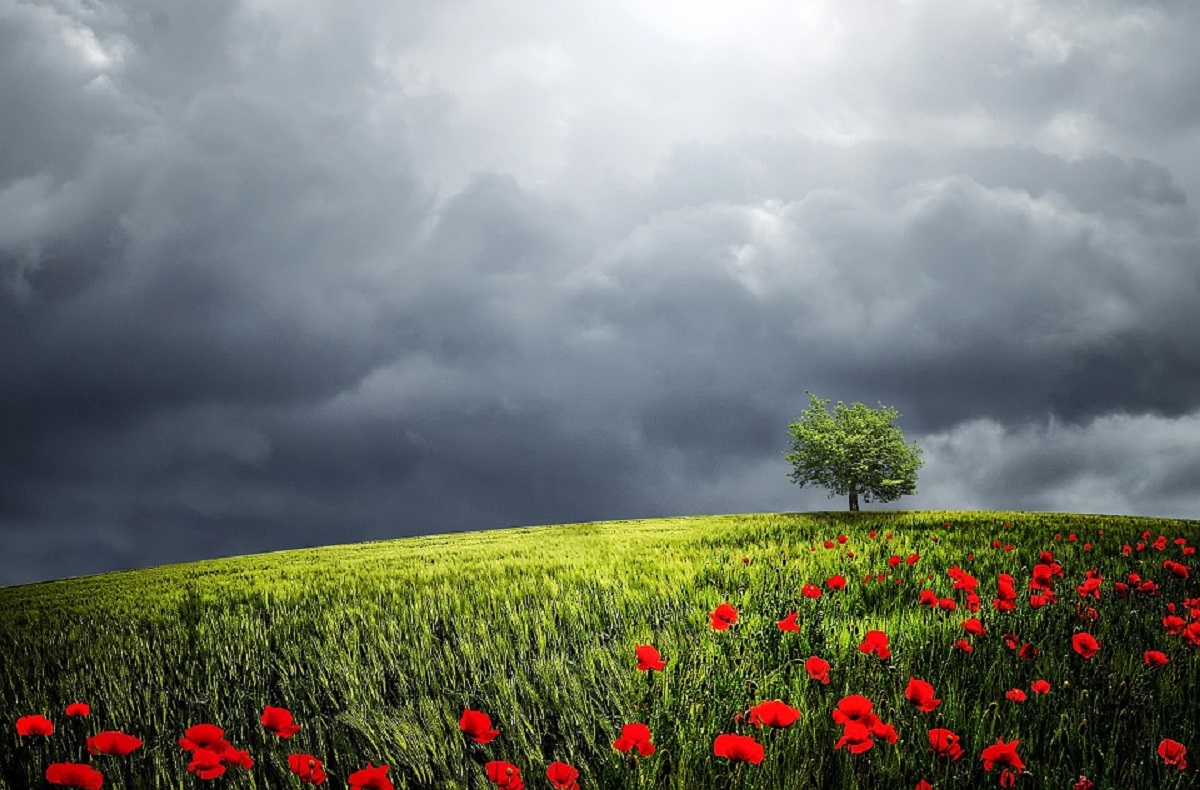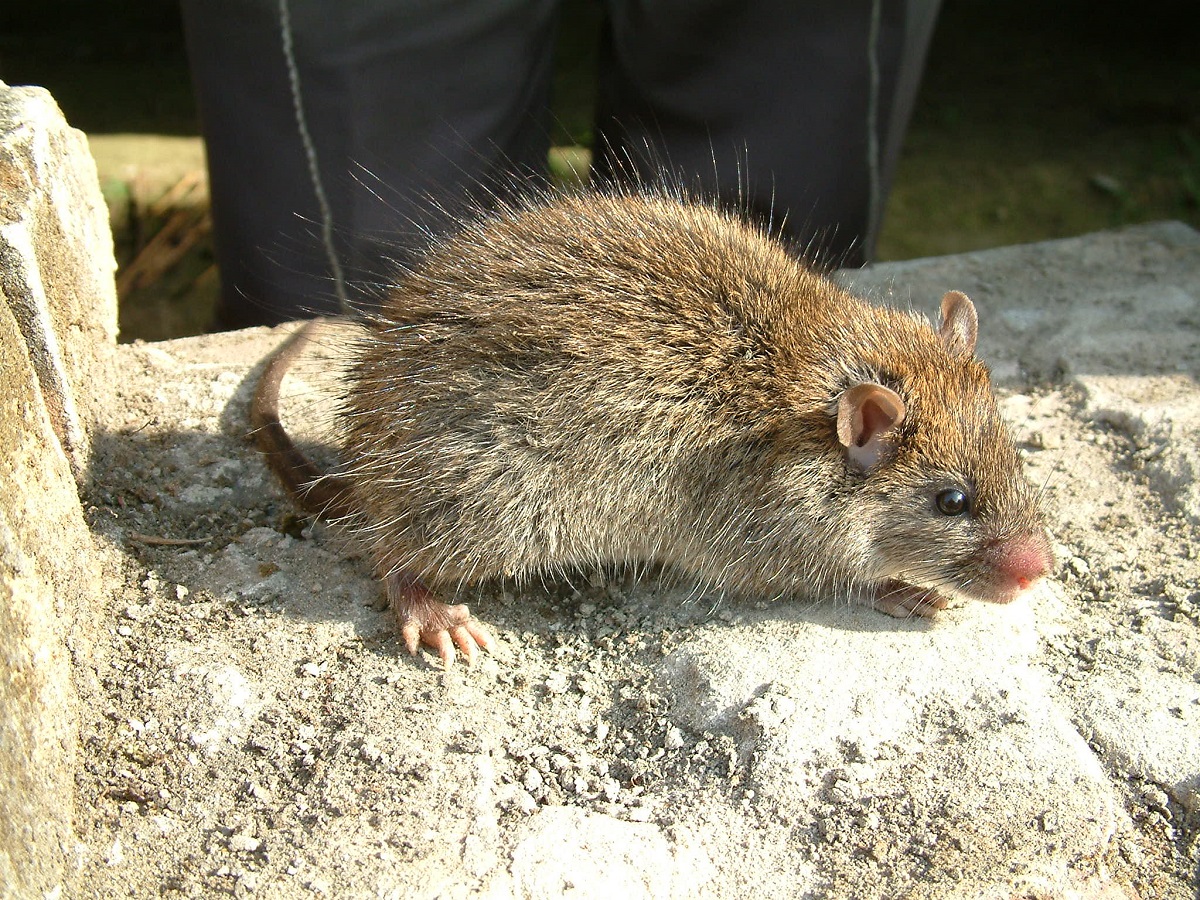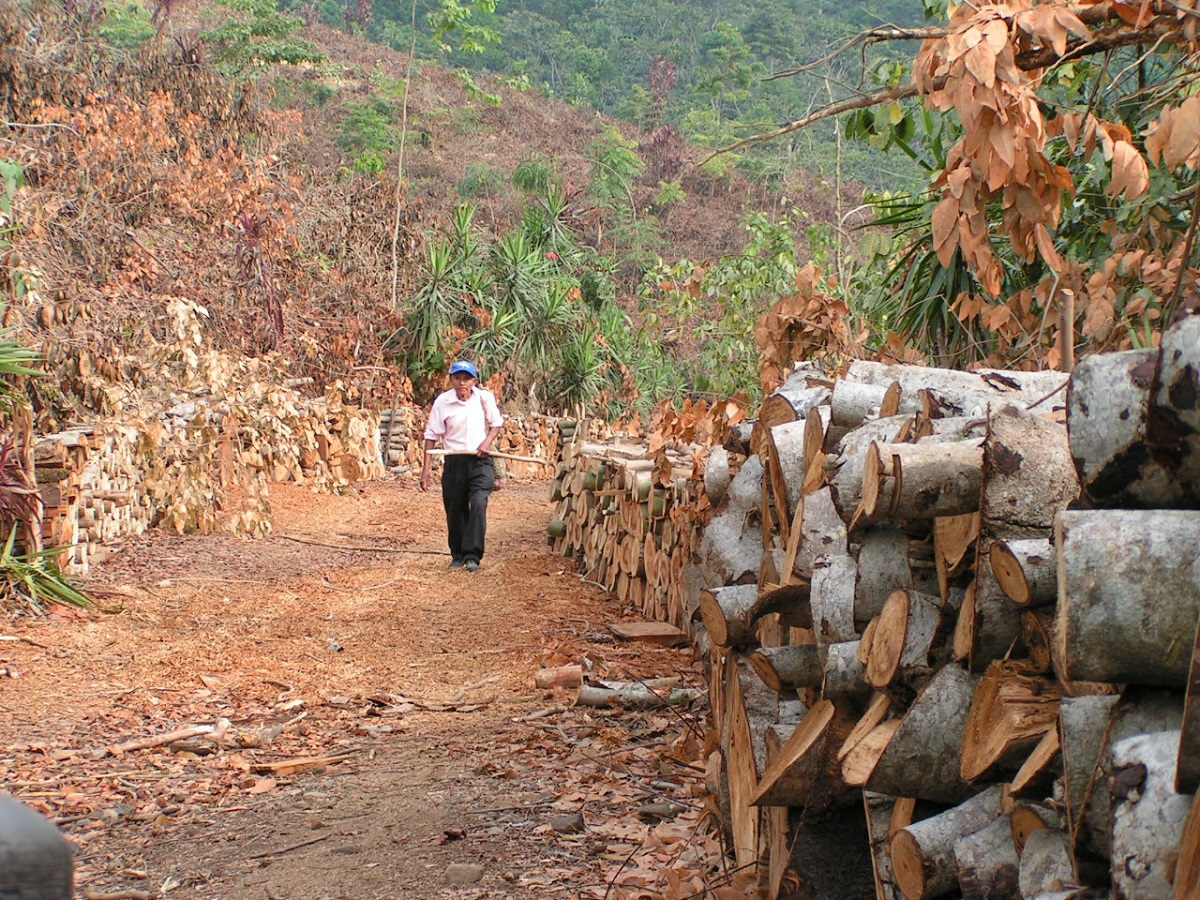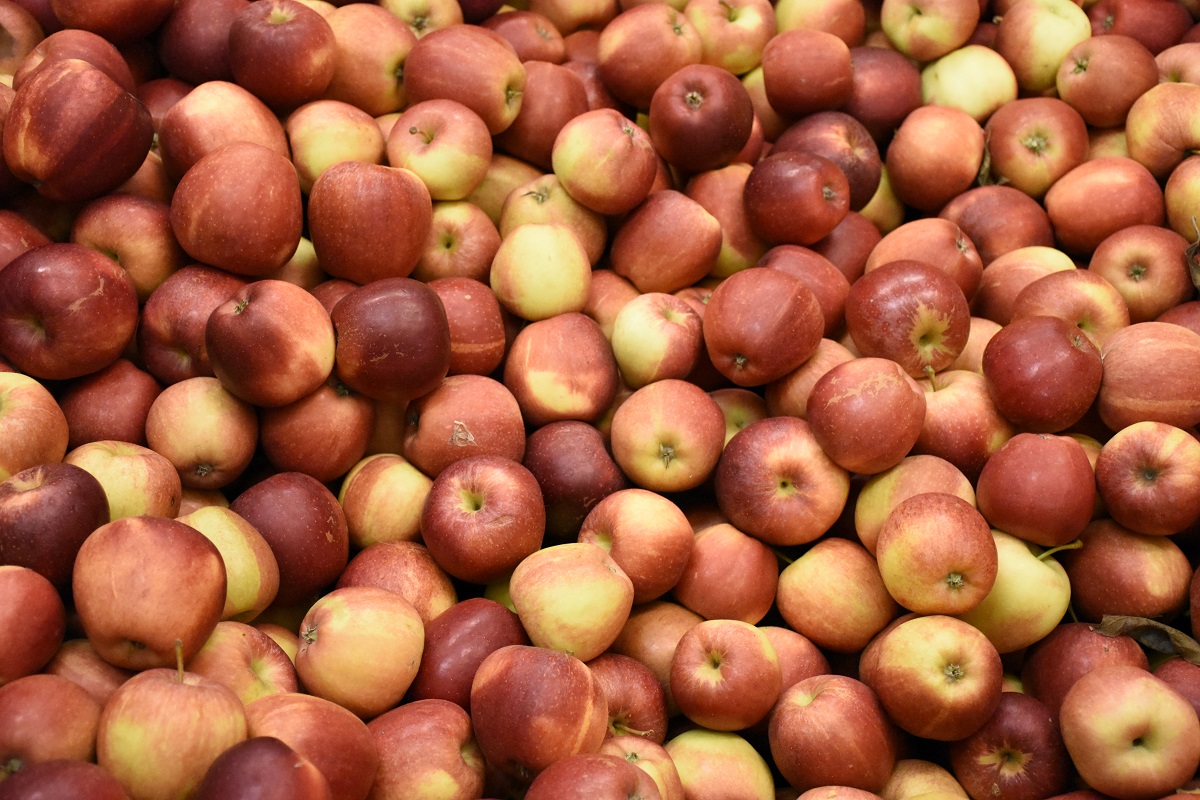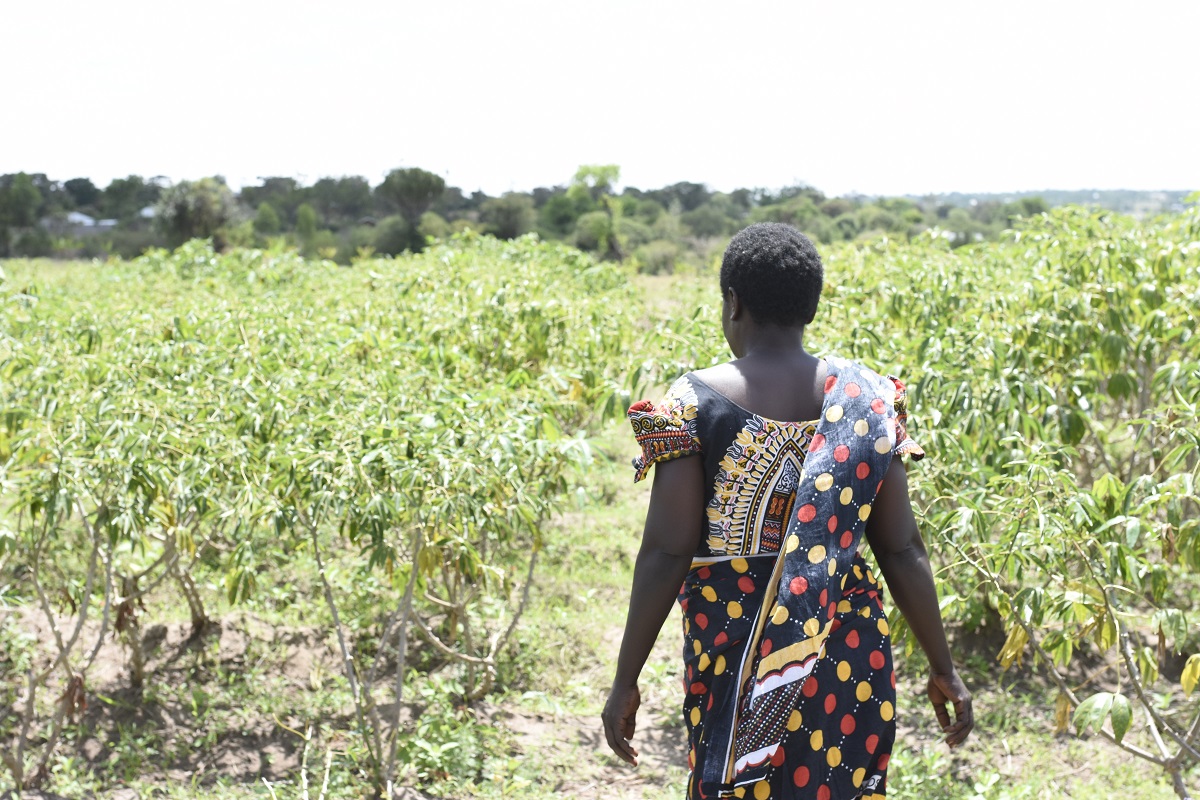News - 2019
Is veganism the answer to help us sustain global food production into the future? Does a balanced and healthy diet come from balanced and healthy farming practices? How can we find more sustainable farming solutions and avoid cruelty in agriculture and modern animal husbandry?
Questions like these were considered on Tuesday 20th May at a lively public debate on the future of food and the environment, and the challenges that experts believe may lie ahead. Chaired by NRI’s Professor John Morton, the session was organised by the Faculty of Liberal Arts & Sciences, University of Greenwich and took place at the Old Royal Naval College at Greenwich.
The panel comprised Camilla Berens, a journalist and Greenpeace activist, David Exwood a Sussex crop and livestock farmer and Chair for the National Farmers’ Union south east region, and Will Gildea from the Vegan Society.
Are you passionate about job creation and new enterprise in the food industry in Kent & Medway? Do you have ideas on what would work best in the local area and where? There is £15m at stake - can you help us win it for Kent & Medway?
If you can answer 'yes' to all these questions, then please come along and have your say on Wednesday 5th June 2019. The 'Growing Kent & Medway' initiative needs your input and ideas before the next round of bids for the £15m grant goes in.
On Tuesday 7th May 2019, Lord Boateng paid a visit to the Natural Resources Institute at the University of Greenwich’s Medway campus in Kent. Lord Boateng recently took over from Baroness Scotland as Chancellor of the University of Greenwich. As honorary figurehead, the Chancellor presides at graduation ceremonies and other university events.
The new Chancellor met NRI staff and toured laboratories together with the University’s Vice Chancellor, Professor David Maguire, to see the latest in research, development and teaching, with a focus on food, agriculture, environment and sustainable development. Lord Boateng was keen to meet NRI experts working on providing practical solutions to challenges in the developing world, with a special focus on Africa.
Climate change is at the top of the news agenda: Swedish schoolgirl, Greta Thunberg, has inspired global school strikes and recently addressed the UK Parliament about emissions, urging lawmakers to ‘act in time’, whilst Extinction Rebellion activists have been making their presence felt across London and the UK. On 2nd May, a long-awaited report was released by the UK’s Committee on Climate Change (CCC), an independent body that advises the UK government on emissions targets and preparing for climate change.
NRI’s Dr Conor Walsh, an environmental scientist whose expertise centres on indicators of sustainability, calculating ecological and carbon footprints, and emissions from transport and shipping, has been delving into the report:
“This report by the CCC is important as it presents a pathway towards net zero emissions by 2050, and points to a number of important elements,” he explains. “A key point is time. For the purposes of human activities, mitigating climate change is really a question of what happens over the next two decades.”
On World Malaria Day 2019, NRI is announcing a new research project which is to study the behaviour of the planet’s most dangerous animal – the mosquito – the world’s biggest, smallest killer. Mosquitoes kill over 700,000 people every year and make millions seriously ill; malaria alone, transmitted by the Anopheles mosquito, kills over 400,000 people every year.
NRI’s Professor Gabriella Gibson and researcher Dr Lionel Feugère beat stiff global competition to win a significant research grant for their project: 'Decoding the biomechanics of flight – tone-based acoustic communication in mosquitoes'. The international awarding body, the Human Frontiers of Science Program (HFSP), considered over 800 applications from 60 countries before selecting just 34 winners, of which NRI was one.
Staff from the Natural Resources Institute (NRI), University of Greenwich, are giving vital help to a scheme offering unique research opportunities to African students. Known as the CONNECTED Network, the scheme aims to build a sustainable and well-trained group of international scientists and researchers who are expert in the study of vector-borne plant viruses, (plant diseases transmitted by insects).
Experts at the Royal Botanic Gardens, Kew have confirmed that a plant found in the Sierra Leone hills is that of Coffea stenophylla, the native Highland Coffee which was last collected in the wild in the 1950s. Kew coffee specialist Dr Aaron P Davis and NRI’s Professor Jeremy Haggar, collected the coffee plant sample on a recent trip to the Kasewe Hills in south-central Sierra Leone. They worked closely with Daniel Sarmu, who is drafting the Sierra Leone National Coffee Policy, and all are delighted to have found this rare Highland Coffee plant. The trip was supported and co-funded by the Darwin Initiative and the hope is that one day, Highland Coffee can become a viable product again.
When you picture a rat, what do you see? Fear, disease and destruction? Or maybe, intelligence, cunning and guile? Rats provoke many different responses, but are rarely a welcome presence in our lives. Musophobia, the fear of mice and rats (muso is Latin for mouse), is one of the most common specific phobias around.
The psychology of this is simple: rodents are the most successful mammals, second only to humans, so perhaps subconsciously we view them as potential rivals to our continued dominance in the world.
On Wednesday 20th March 2019, the Pilkington lecture theatre at the Medway Campus, University of Greenwich, filled up with staff, students and guests, keen to hear Professor Jeremy Haggar’s inaugural lecture: Seeking Sustainability in Agricultural Systems.
When a distinguished professor stands up to address an assembled audience, it’s easy to imagine that they arrived at this place in time fully formed. But of course, they, just like everyone else, have been on a journey of discovery that has led them to this place of professional accomplishment.
As part of a consortium of partners, the University of Greenwich has been awarded funding to develop a full business case for the ‘Growing Kent & Medway’ innovation cluster. Led by NIAB EMR, a horticultural research organisation based in East Malling, Kent, the consortium has received £50k in funding from the UK Research and Innovation (UKRI) ‘Strength in Places Fund’ to develop a full business case for the ‘Growing Kent & Medway’ innovation cluster. World-class consortium partners include the APS Group, Berry Gardens Growers, Thanet Earth Ltd, World Wide Fruit Ltd, Hadlow College, and the University of Kent, along with the University of Greenwich.
Is your organisation or project working towards gender equality? If so, how? What are the underlying objectives for doing so? Have ‘gender’, ‘women’ and ‘empowerment’ become buzzwords to include in project proposals in the hope that they’re more likely to be funded? Are women targeted in your project only as a means to achieve another economic or developmental outcome?
Today, 8th March, is International Women’s Day. At NRI, we are taking this opportunity to look at how the theme of gender equality is used within the research for development context, and how to challenge current attitudes.
Now in its third year, the ‘Three Minute Thesis’ or 3MT competition, is once again challenging PhD students to explain their research creatively using language appropriate to a non-specialist audience, in just 180 seconds. It’s quite a feat, considering that the average thesis takes years to research and complete and comes in at around 80,000 words. Oh, and participants are not allowed to use PowerPoint either; just one single static slide is permitted as a visual aid.


